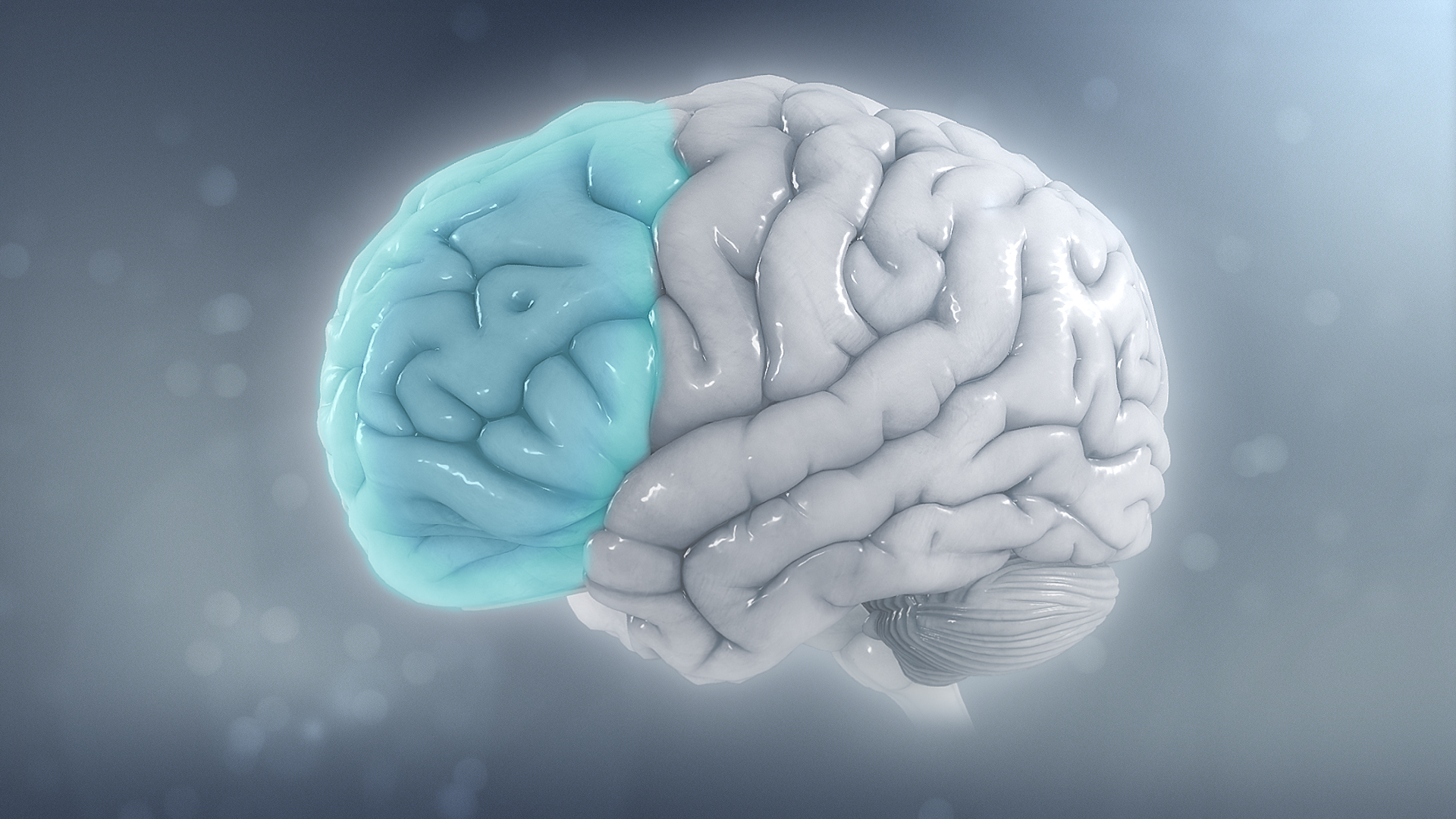Adults living with attention-deficit/hyperactivity disorder (ADHD) often experience unique challenges in daily life. This neurodevelopmental disorder, traditionally associated with children, can persist into adulthood and affect various aspects of an individual’s professional and personal life. Here is more information on ADHD’s causes, its effects on adults, available treatment options, and how an ADHD specialist can help:
What Is an ADHD Specialist?
An ADHD specialist is a healthcare professional who specializes in diagnosing and treating attention deficit hyperactivity disorder (ADHD). These specialists help identify the disorder and provide tailored treatment plans that address the specific needs of adults. With specialized knowledge, these experts offer resources and strategies to manage symptoms and improve quality of life.
What Is ADHD?
ADHD is a chronic condition characterized by patterns of inattention, impulsivity, and hyperactivity. These symptoms impact an individual’s ability to focus, organize, or execute tasks efficiently. While ADHD is commonly identified in children, it may continue into adulthood, presenting unique challenges for those affected.
This condition is classified into three subtypes based on symptom profiles. These are predominantly hyperactive/impulsive, predominantly inattentive, and a combined presentation. The subtype determines the specific difficulties an individual may face and guides the treatment process.
What Causes It?
ADHD is believed to result from a combination of genetic, environmental, and neurological factors. Hereditary components play a significant role, with individuals having higher risks if a family member is diagnosed. Adults with ADHD may have differences in brain structure and function, particularly in areas controlling attention and impulse regulation.
Environmental factors may also contribute to the development of ADHD. This includes exposure to toxins during pregnancy, premature delivery, or low birth weight. These elements impact brain development and can elevate the likelihood of ADHD symptoms.
How Does It Impact Adults?
ADHD can significantly influence various facets of an adult’s life. Common challenges include disorganization, procrastination, and difficulty managing time effectively, all of which may impact work performance. Career advancement may be hindered by struggles with focus, task completion, and meeting deadlines.
Relationships may also be impacted, as individuals with ADHD can face difficulties with communication, impulsivity, and emotional regulation. These challenges can affect interactions with partners, friends, and colleagues. Financial management often becomes another area of concern due to impulsive spending and inconsistent planning.
What Are the Treatment Options?
Managing adult ADHD requires a personalized approach based on individual symptoms and lifestyle. Key treatments include medications and behavioral therapy. Combining these methods can improve daily functioning and overall well-being.
Medications
ADHD medications often work by boosting neurotransmitter production in the brain. These medications help manage certain types of behavior that this condition may impact. Medication should always be supervised by a qualified healthcare provider, who will monitor for effectiveness and manage side effects.
Behavioral Therapy
Behavioral therapy is a key component of treatment. Psychiatrists help individuals develop strategies to manage symptoms, such as organizational tools, prioritization skills, and stress management techniques. Communication techniques, emotional regulation skills, and conflict resolution strategies may be part of behavioral therapies for adults.
Consult a Specialist Today
ADHD can be a challenging condition, but it is manageable with the right support and strategies. Collaborating with an ADHD specialist is an effective step toward understanding and addressing the disorder’s impact on your life. From tailored treatment plans to tools that promote structured routines, these experts provide insights that enable better symptom management and an improved quality of life. Consult a specialist today to begin exploring treatment options.

